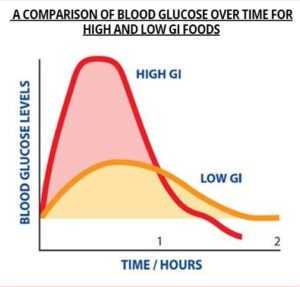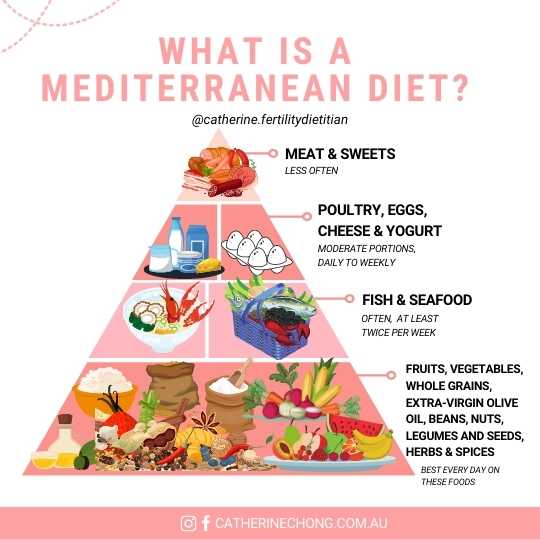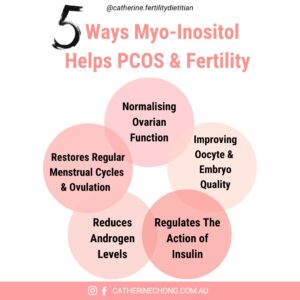Does PCOS Cause Infertility?
Are you struggling to conceive? Have you been diagnosed with polycystic ovarian syndrome (PCOS)? If so, you may be wondering about the link between PCOS and infertility.
PCOS is a common hormonal disorder that affects up to 10% of women of reproductive age. It is characterised by irregular menstruation, enlarged ovaries with small cysts, and high levels of androgens (male hormones). While PCOS can present an array of symptoms, one of the most significant concerns for women with PCOS is the impact it has on fertility.
In this blog post, we’re exploring the link between PCOS and infertility and the role nutrition plays in supporting fertility in those with PCOS.
PCOS and Infertility: Understanding the Connection
The exact relationship between PCOS and infertility is complex and multifaceted. Studies have shown that PCOS can disrupt ovulation, making it more difficult for women to get pregnant. Additionally, hormonal imbalances associated with PCOS can affect the development of the uterine lining, making it less receptive to implantation. Understanding the connection between PCOS and infertility is crucial for women seeking to start a family.
3 Steps to Restore Ovulation with PCOS: A Holistic Approach
If you’re experiencing PCOS and infertility, dietary changes can make a significant impact. Here are three steps to help restore ovulation and improve fertility:
1. Switch to Low GI Foods

Low glycaemic index (GI) foods cause a slower and more gradual rise in blood sugar levels, which can help manage insulin levels—a common issue in women with PCOS. High insulin levels contribute to infertility by exacerbating hormonal imbalances and disrupting ovulation.
A low-GI diet can more effectively improve insulin sensitivity and menstrual cycle regularity in women with PCOS than conventional healthy diets. Incorporate low-GI foods like whole grains and legumes (beans, chickpeas, and lentils) into your diet to support better blood glucose control and hormone regulation.
Incorporate low-GI foods like whole grains (quinoa, hulled barley, and rolled oats), legumes (beans, chickpeas, and lentils), fruits (apples, pears, and berries), and non-starchy vegetables (broccoli, spinach, and peppers) into your diet to support better blood glucose control and hormone regulation.
2. Follow a Mediterranean Diet

The Mediterranean diet is rich in fruits, vegetables, whole grains, lean proteins, and healthy fats like olive oil and nuts. It is also known for its anti-inflammatory properties. Research has found that it is an effective diet for reducing PCOS symptoms. Adopting a Mediterranean diet can also improve ovarian function and metabolic health in women with PCOS. To learn more about the five top fertility-boosting foods, dive in more in previous blog posts here.
3. Consider Inositol Supplement

Inositol is a type of carbohydrate that has demonstrated beneficial effects for women with PCOS, particularly in improving insulin sensitivity and ovulation. The two most commonly used forms are Myo-inositol and D-chiro-inositol.
Inositol supplements can help improve metabolic, hormonal, and reproductive aspects in women with PCOS, enhancing the chances of conception. However, it’s essential to consult a fertility dietitian or doctor before starting any new supplementation to ensure it’s right for you.
Bottom Line
- A Mediterranean diet rich in low-GI foods can help reduce PCOS symptoms and improve insulin sensitivity.
- Consider an inositol supplement in consultation with your healthcare practitioner if you are experiencing PCOS and infertility.
- By making these dietary and lifestyle changes, you are not just improving your fertility in the short term, but also setting a strong foundation for a healthy pregnancy.
